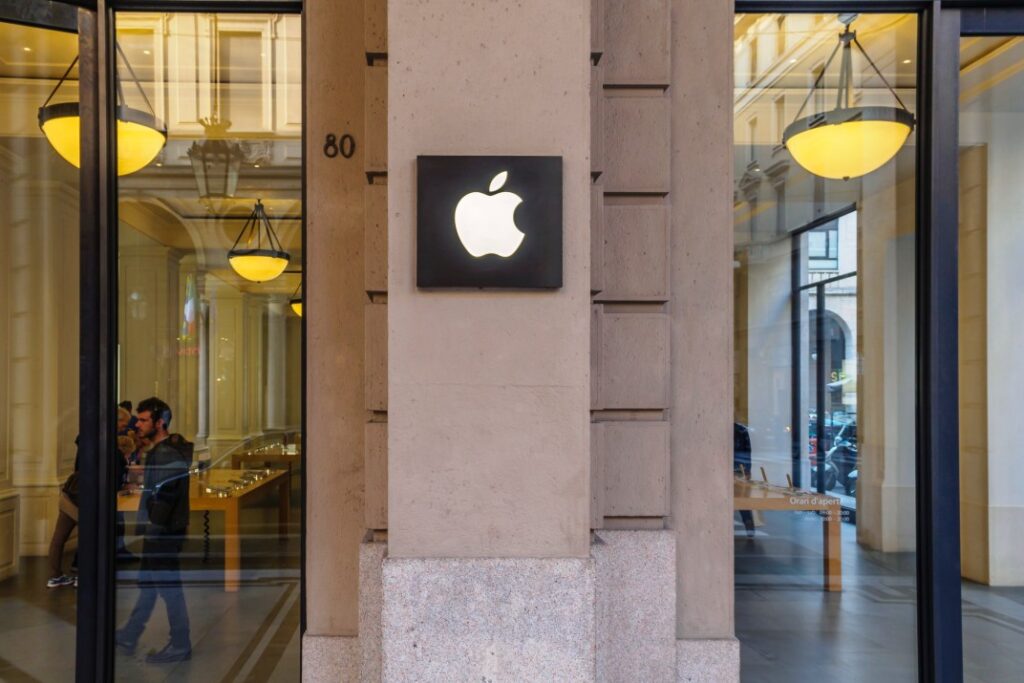The European Union’s European Commission released a “statement of objections” on Friday, claiming that Apple is exploiting its position in the music streaming service industry, potentially in breach of EU antitrust rules, in an apparent blow to Apple’s ongoing and foreign antitrust troubles over its app store. The preliminary results do not bode well for Apple’s chances of winning the commission’s inquiry, which was sparked by a Spotify complaint.
“By imposing stringent regulations on the App Store that disadvantage alternative music streaming services, Apple denies consumers access to affordable music streaming options and distorts competition,” said Margrethe Vestager, the European Commission’s executive vice president in charge of competition and antitrust compliance. “Apple competes of music streaming services with Apple Music.”
The European Commission found that Apple’s app store rules — and the fact that the app store was the only place where Apple mobile device users could get applications for their iPhones and iPads — compelled app developers to follow the rules and pay Apple commissions if they wanted access to Apple’s users. According to the European Commission, Apple’s proposal for a commission on sales and subscriptions has resulted in higher prices for those consumers. The FTC also took issue with Apple’s anti-steering provisions, which prohibit companies from warning consumers that subscriptions can be purchased outside of the app store.
A declaration of objections is a formal phase in the investigation process, not the end product. Apple could face a fine of up to 10% of its annual sales if it is found to have violated EU antitrust laws.
In a statement, Spotify’s head of corporate affairs and chief legal officer Horacio Gutierrez said, “The European Commission’s Statement of Objections is a crucial step toward keeping Apple responsible for its anti-competitive conduct, ensuring meaningful choice for all customers and a level playing field for app developers.”
Apple has maintained that the vast majority of Spotify app users do not have paying subscriptions, that Spotify makes money from advertising served to those free customers, and that Apple provides the infrastructure to host the Spotify app in its store. Apple receives a 30% commission for the first year and 15% after that on paid subscriptions purchased via the app.
“At the heart of this case is Spotify’s requirement that they be able to advertise alternative offers on their iOS app, a practice that no other store on the planet permits,” Apple said in a statement. “Once again, they want all of the App Store’s advantages but don’t believe they should have to pay for them. Spotify’s point, as presented by the Commission, is the polar opposite of fair competition.”
Despite the fact that the European Commission’s conclusions are limited to Apple’s practices of music streaming platforms, Spotify’s argument mirrors that of several other companies who claim to be at a competitive disadvantage to Apple. Aside from the required commissions, Apple will monitor how well third-party apps perform and develop its own models, which it can then install on its devices and sell in its app store. Apple is known for this activity outside of the app store; for example, it recently launched the AirTag, a tiny tracking device that looks a lot like Tile but uses Apple’s “Find Me” technology exclusively.










